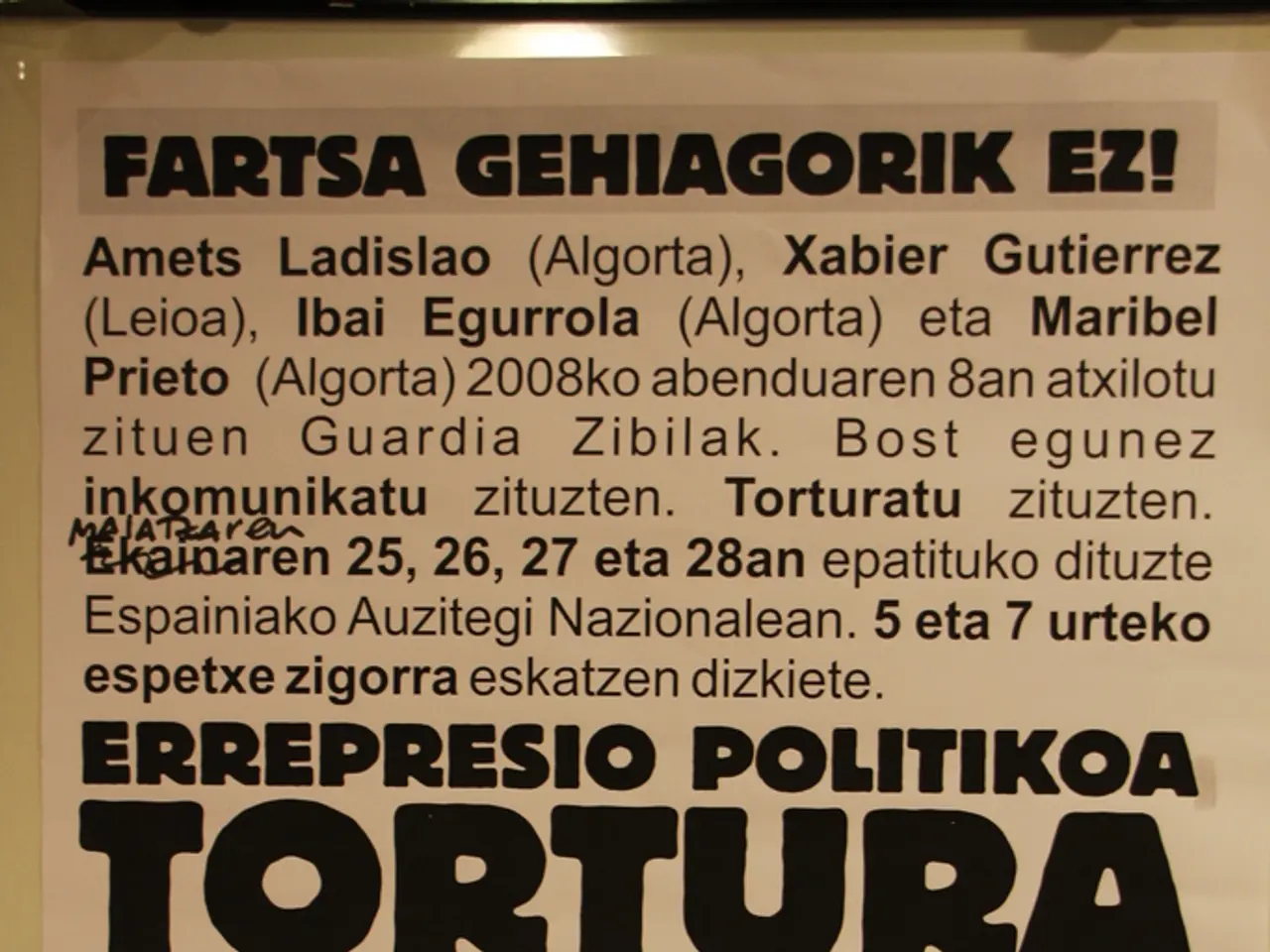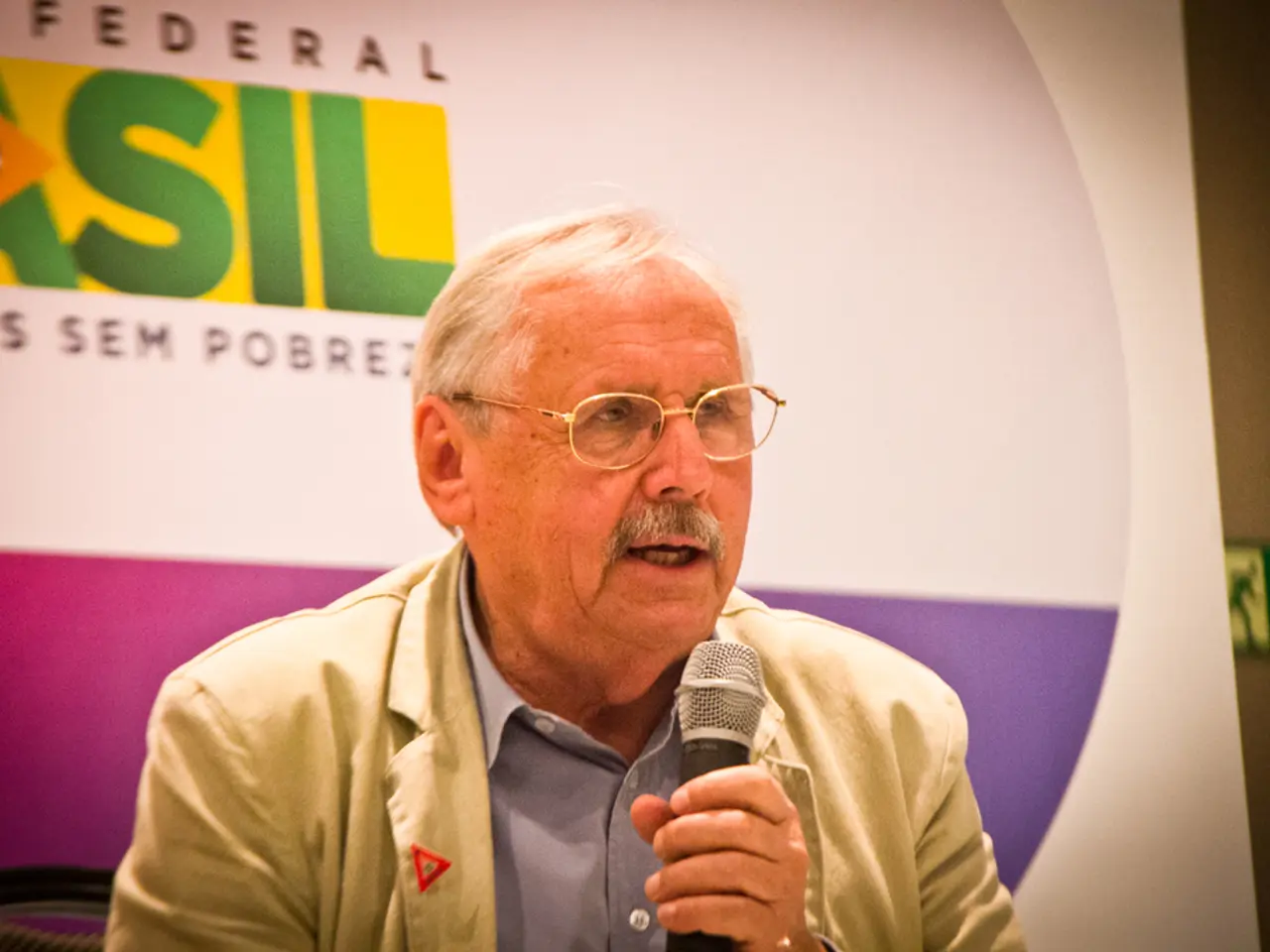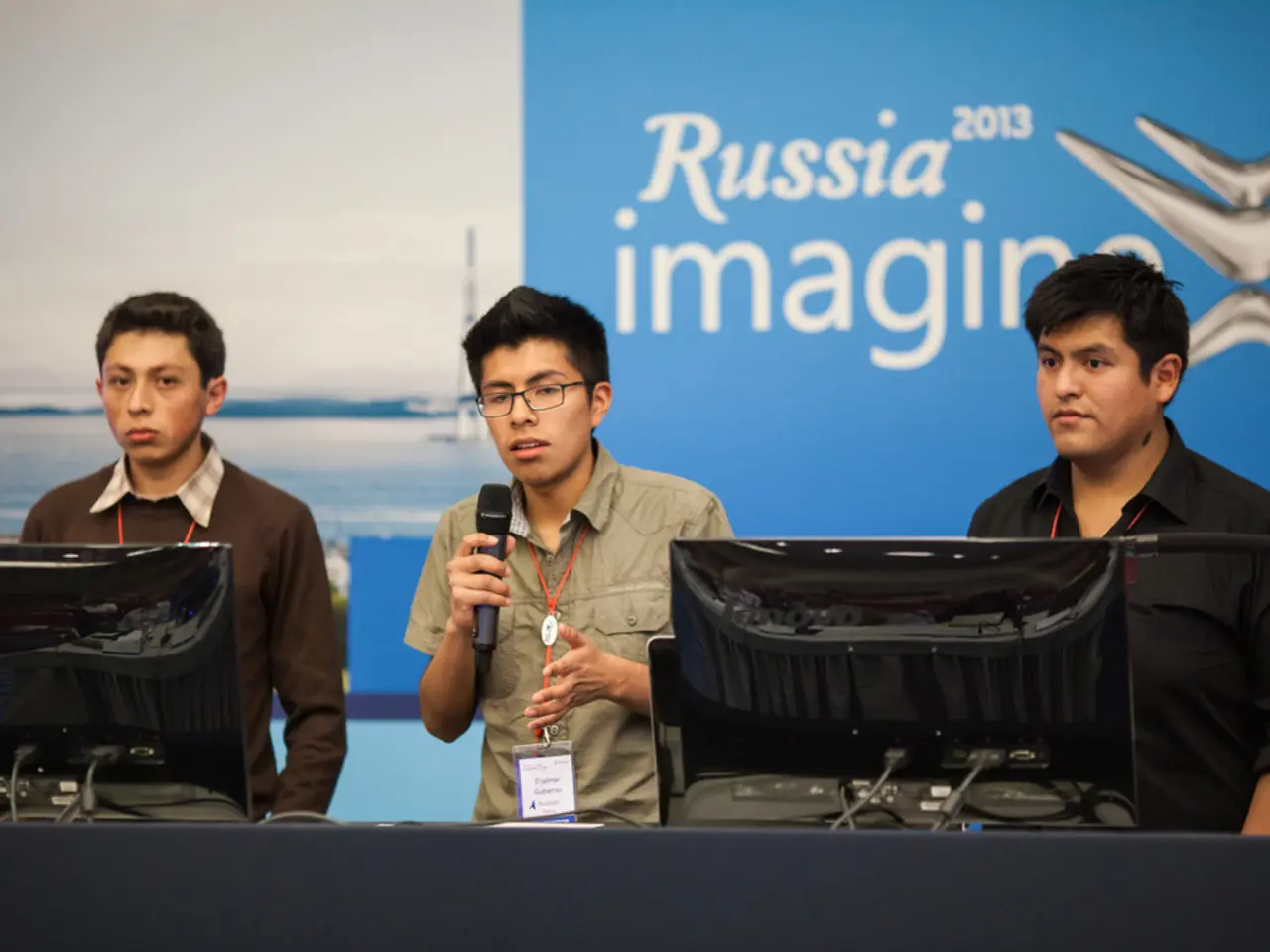("Hong Kong Democracy Movement Holds Mournful July 1st Anniversary")
In the heart of Asia, Hong Kong, once renowned for its vibrant democracy and freedoms, has undergone a significant transformation. This transformation, driven by the enactment of Article 23 and the National Security Law, has drastically altered the city's political landscape, curbing freedoms of expression and assembly.
In 2024, Hong Kong enacted Article 23, which expanded police power, allowed for closed trials, and focused on treason, sedition, and state secrets. This law, now known as the Safeguarding National Security Ordinance (SNSO), has been instrumental in suppressing political opposition and dissent.
The law has led to the arrests of hundreds of pro-democracy activists, journalists, and former legislators. Notably, over 260 arrests have been made since its enactment, silencing media outlets critical of Beijing, as exemplified by the closure of *Apple Daily* after harassment and imprisonment of journalists.
The impact on public expression has been profound. Mass public protests have been effectively ended, and self-censorship among residents and media organisations is prevalent due to fears of reprisals. Thousands of activists, students, and journalists have fled abroad seeking asylum due to repression.
The law has also expanded police powers significantly. Arrests can now be made based on broad and vague definitions of national security threats, and actions can be taken against individuals both inside Hong Kong and internationally. Police are even offering bounties for information on pro-democracy activists abroad, illustrating extraterritorial enforcement aspirations.
The pro-democracy movement in Hong Kong has been dismantled. The last active pro-democracy party, the League of Social Democrats, disbanded in June 2025 under intense political pressure and legal constraints. Other major opposition groups have similarly wound down operations, leaving Hong Kong without organized pro-democracy political opposition capable of public challenge.
Chief Executive John Lee has stated that these changes have restored stability to the city. However, many continue to fear complete political suppression. On the eve of the fifth anniversary of the National Security Law, Hong Kong's last active pro-democracy group, the League of Social Democrats, announced its disbandment.
Despite these challenges, the spirit of dissent remains alive. Thirteen prominent activists now live in exile, with bounties on their heads. Yet, they continue to urge others to keep the flame of dissent alive. As the city moves forward, the question of whether Hong Kong can regain its former vibrant democracy remains a topic of heated debate.
- The government's enactment of Article 23, now known as the Safeguarding National Security Ordinance (SNSO), has become a popular topic in general news, as it sparked controversy around the world due to its impact on policy-and-legislation and society, particularly the curtailing of freedoms of expression and assembly.
- In the realm of crime-and-justice, the law has led to numerous arrests of pro-democracy activists, journalists, and former legislators, resulting in the silencing of critical media outlets and forcing thousands of activists, students, and journalists to flee abroad seeking asylum.
- As a result of this law, war-and-conflicts seem to have been introduced into the political discussions in Hong Kong, with the government's extraterritorial enforcement aspirations and the offer of bounties for information on pro-democracy activists abroad creating a climate of fear and tension between the government and those who oppose it.







